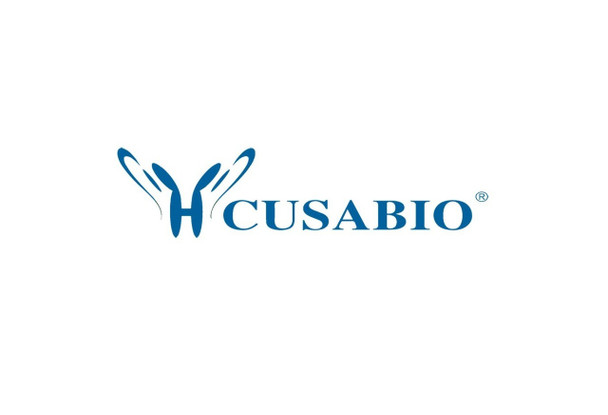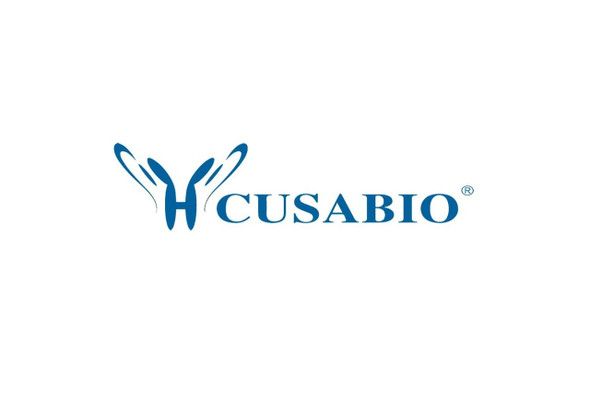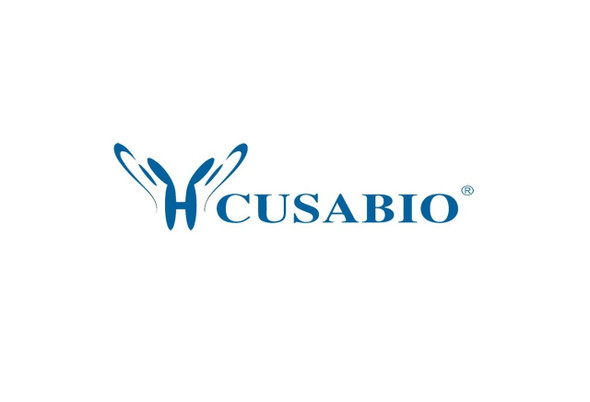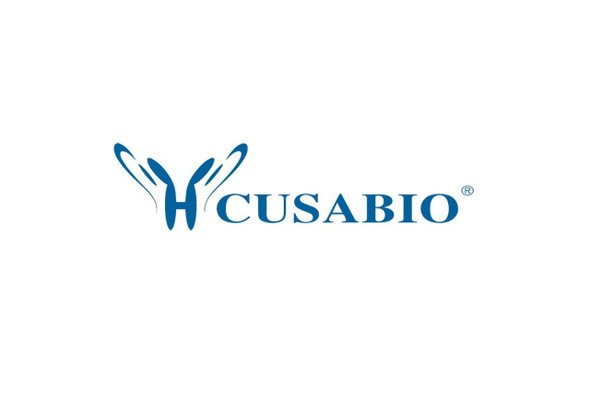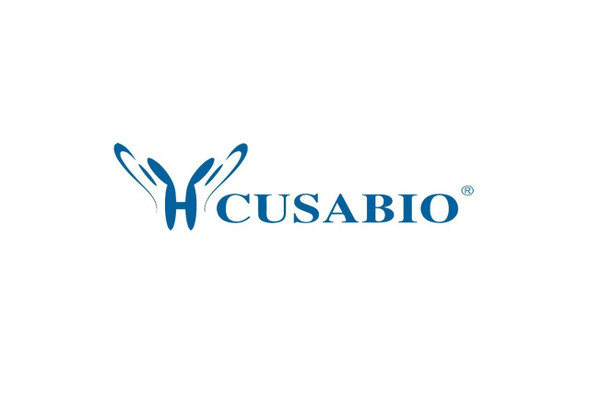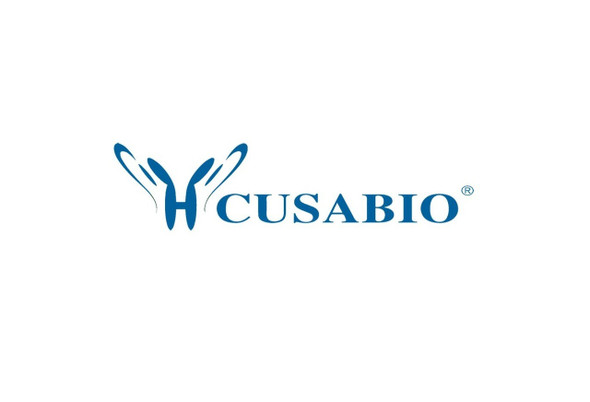Cusabio Polyclonal Antibodies
AP4B1 Antibody | CSB-PA897585LA01HU
- SKU:
- CSB-PA897585LA01HU
- Availability:
- 3 to 7 Working Days
Description
AP4B1 Antibody | CSB-PA897585LA01HU | Cusabio
AP4B1 Antibody is Available at Gentaur Genprice with the fastest delivery.
Online Order Payment is possible or send quotation to info@gentaur.com.
Product Type: Polyclonal Antibody
Target Names: AP4B1
Aliases: AP-4 complex subunit beta-1 (AP-4 adaptor complex subunit beta) (Adaptor-related protein complex 4 subunit beta-1) (Beta subunit of AP-4) (Beta4-adaptin), AP4B1
Background: Subunit of novel type of clathrin- or non-clathrin-associated protein coat involved in targeting proteins from the trans-Golgi network (TGN) to the endosomal-lysosomal system.
Isotype: IgG
Conjugate: Non-conjugated
Clonality: Polyclonal
Uniport ID: Q9Y6B7
Host Species: Rabbit
Species Reactivity: Human
Immunogen: Recombinant Human AP-4 complex subunit beta-1 protein (201-500AA)
Immunogen Species: Human
Applications: ELISA, WB, IHC
Tested Applications: ELISA, WB, IHC; Recommended dilution: WB:1:500-1:2000, IHC:1:20-1:200
Purification Method: >95%, Protein G purified
Dilution Ratio1: ELISA:1:2000-1:10000
Dilution Ratio2: WB:1:500-1:2000
Dilution Ratio3: IHC:1:20-1:200
Dilution Ratio4:
Dilution Ratio5:
Dilution Ratio6:
Buffer: Preservative: 0.03% Proclin 300
Constituents: 50% Glycerol, 0.01M PBS, PH 7.4
Form: Liquid
Storage: Upon receipt, store at -20°C or -80°C. Avoid repeated freeze.
Initial Research Areas: Others
Research Areas: Others

